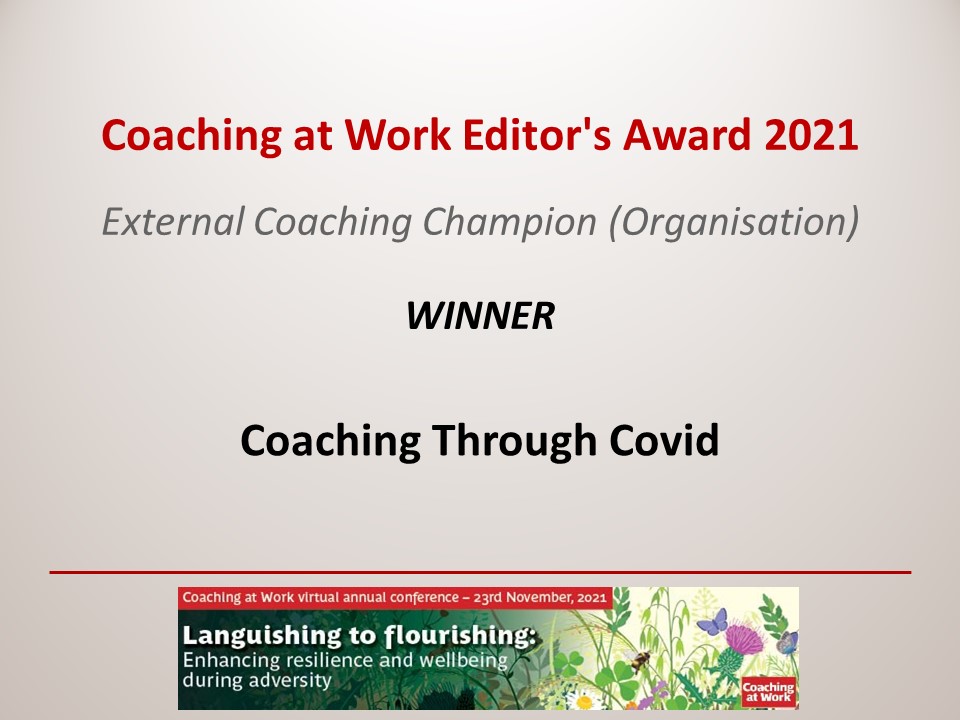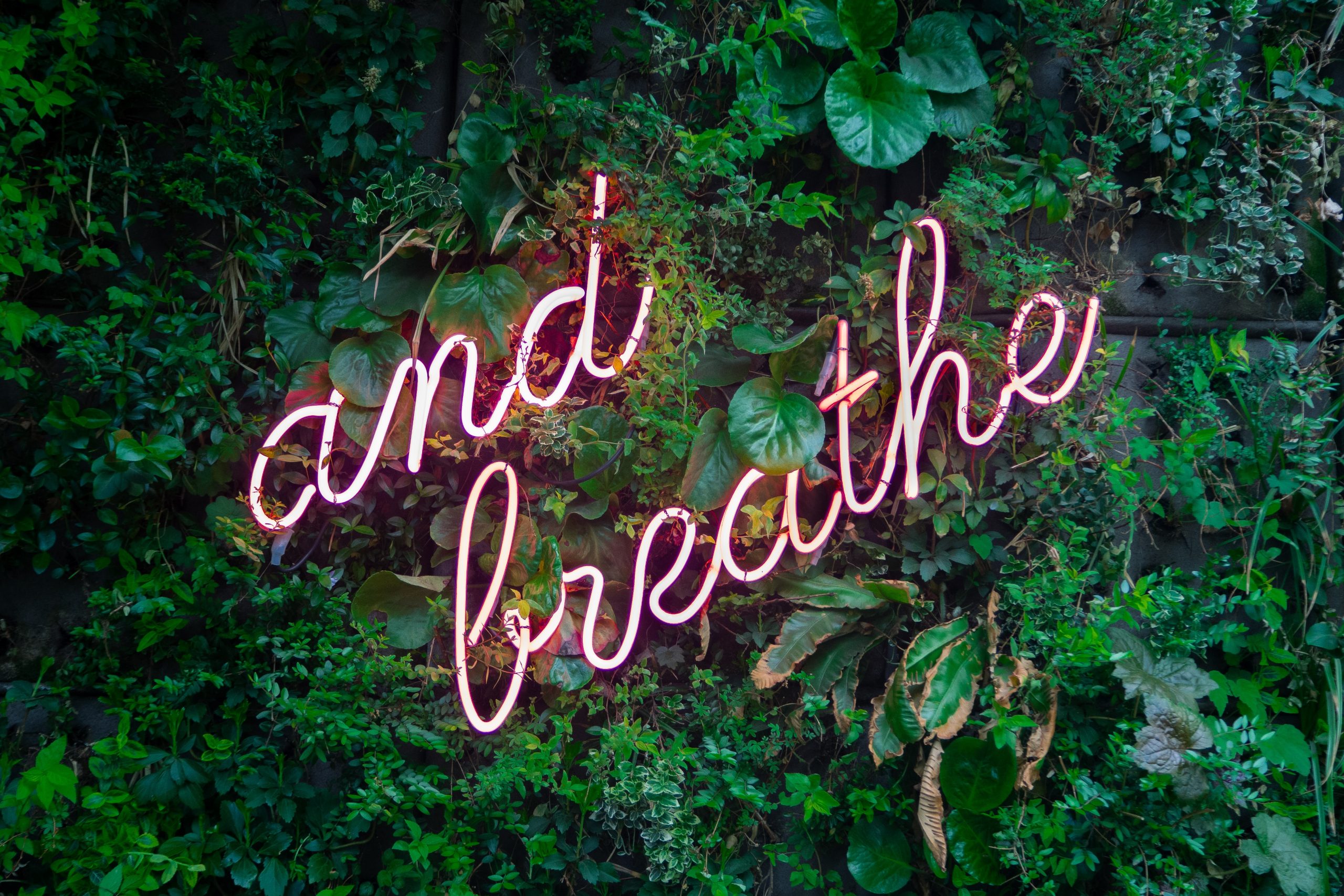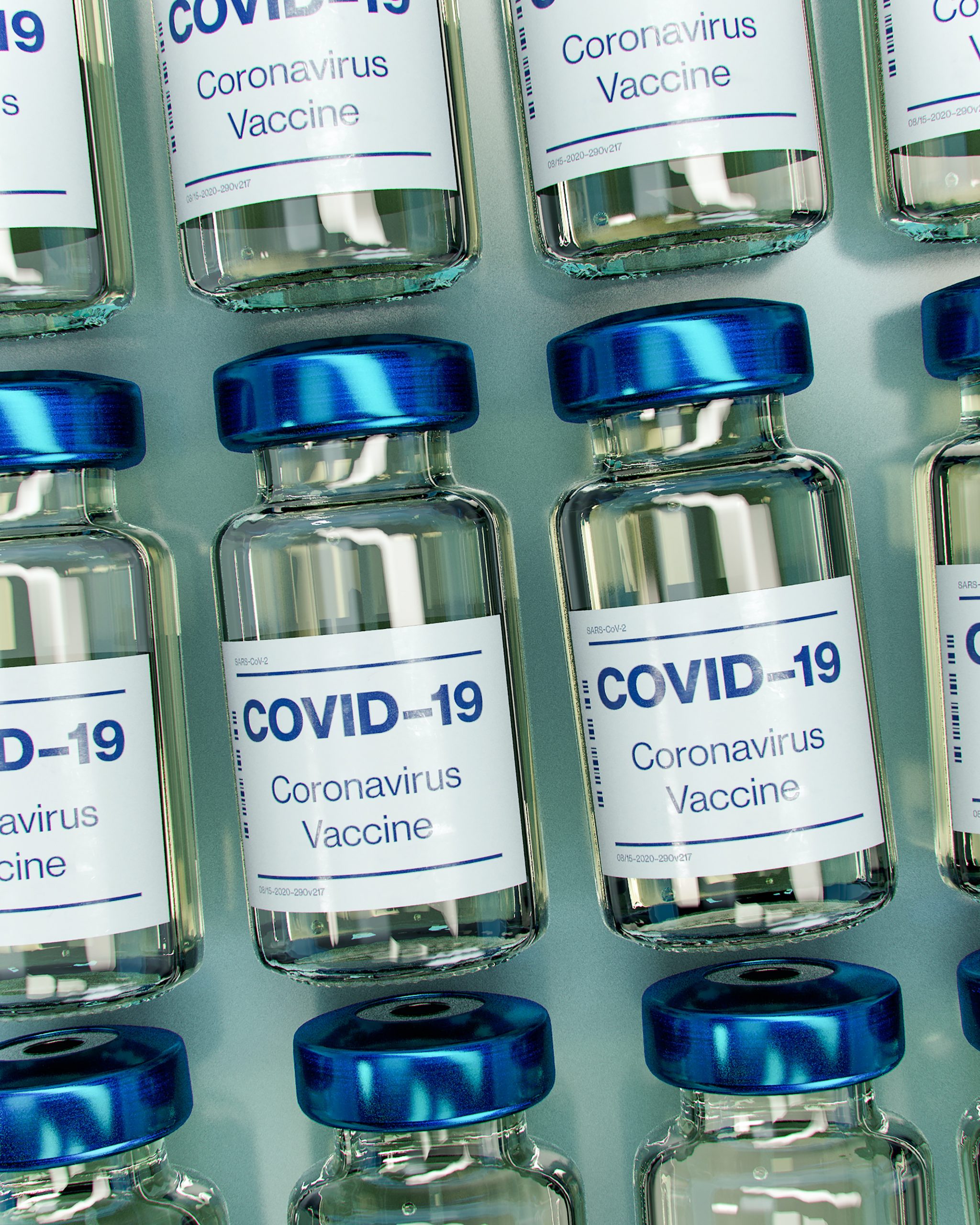blog: news and opinion
Award for Coaching through COVID and Beyond
30th November 2021Pro bono coaching programme Coaching through COVID and Beyond (of which I'm a co-founder and a member of the core team) has won the Coaching at Work magazine award of External Coaching Champion (Organisation). The depth of our psychological safety in the core team has meant that we’ve been able to have difficult conversations in a spirit of openness and honesty, we’ve been ready to take risks in a context of uncertainty, we’ve been agile and responsive and happy to experiment in a spirit of ‘test and learn’, and we’ve welcomed diversity of all kinds. Living diversity means that we’ve constantly called on our collective intelligence - and so we've been able to achieve innovative success in several important ways.
Read more »Trauma
31st October 2021Trauma is a living expression of a life-changing experience that often can’t be expressed in words but is a fundamental – and literally visceral – part of an individual’s identity. The range of manifestations is endless, including addictions, anxieties, physical pain, illness, problems with sleep, problems with relationships, and repeating patterns of behaviour which are counter-productive but which the individual doesn’t seem able to change. Despite appearances, the most apparently well-balanced, cheerful and obliging colleague may be hiding pain and distress which can get triggered and thus result in unexpectedly negative behaviour. The need for compassion and self-compassion, patience and acceptance, curiosity and tolerance is significant. What do you notice at work – about yourself and others?
Read more »Belonging, identity and confidence in uncertainty
30th September 2021You might recognise a situation where an organisation’s strategy is unclear, poorly-defined, poorly communicated or in constant flux. In this context, the role and place of any individual in the organisation (and especially a new recruit) can be unclear. The criteria by which his or her performance is evaluated are also likely to be unclear or in flux, or even more unsettling, implicitly in flux. As a result his or her confidence, their sense of identity, and sometimes even confidence in their survival, take a knock. None of this is good news for performance or growth or development. Leaders can therefore begin to turn things round by being curious about what they could be more aware of, by enquiring into their reports’ experience, and by listening.
Read more »Fear and courage
26th August 2021Fear and courage are intertwined when it comes to leadership of self and others. Fear is inevitable and - if unchecked - inhibits and erodes performance, versatility and the creativity that can be crucial to address the challenge, complexity and uncertainty that are constants in the life of leaders. Courage isn’t inevitable, but it’s an invaluable resource when fear is present. Learn, experiment again with a small change in courage, keep learning, and keep experimenting.
Read more »The impact of kindness and compassion
30th July 2021The news emerged that Dame Clare Marx, Chair of the General Medical Council, was stepping down from her post, having been diagnosed with pancreatic cancer. She reflects on her career that ‘in my happiest moments, I felt respected, valued and listened to. I felt I belonged’. Her wish is that ‘every doctor and every patient experiences the compassion that defines first-class care’. It’s the humanity between colleagues and by leaders that can evoke either distress or joy, isolation or feeling part of something bigger. How would it be if all of us, as leaders, spent just a couple of minutes each day being aware and conscious of compassion, kindness and listening? Awareness is the crucial starting point for change.
Read more »Power and the leader
30th June 2021One of the most striking features of power is, it seems to me, how multi-faceted the topic is – and how richly the facets interrelate and intersect and interdepend. There are many and varied implications for the exercise of leadership, and leaders can benefit from reflecting on these. For instance, a variety of perspectives are afforded by looking at ‘my’ power, ‘your’ power, ‘our’ power, and the power in and of the system. Further, within each of these comes the contrast between personal power, the power afforded by title or status, and the nuances of the perception of power that arise in the presence or absence of fear or shame. power can be ‘power over’ or ‘power with’ – and the latter implies more sustainability through relationship and connection. Power, courage and compassion can go hand in hand.
Read more »Integrity and power
28th May 2021The client’s terms of engagement transgressed my own deepest values, including integrity. This kind of behaviour on the part of consultancies seems widespread. Further, the attendant disservice to the ultimate end user stems from the enforced compromise of professional integrity, and the imbalance of power is experienced by many of their associates to be abusive. As professionals, are we prepared to tolerate this kind of attitude, behaviour and lack of integrity inherent in the contracting from so many perspectives? Are we really powerless or can we find ways to bring our power respectfully to a rebalancing that will be in all our interests?
Read more »Peace, ease and fulfilment
30th April 2021I accept that it may make no sense to juxtapose a street sweeper's relatively simple situation with my clients’ complex roles and environments. On the other hand, I’m very curious about how leaders conceive of their responsibility (and opportunity) to design and embed working lives for themselves, their peers and their reports which release greater peace, trust, ease and fulfilment - and thus greater effectiveness. More than that, I worry about their health, their wellbeing and their longevity if leaders don't take that responsibility.
Read more »Integrity, safety and wellbeing
31st March 2021I’ve just done something I’ve never done before: I’ve handed back a 4-year contract. At the heart of my decision was an inability to tolerate a client’s terms of engagement – both the formal, explicit terms, and the informal, implicit terms. My deepest values (integrity, professionalism, honesty, care for the coachee experience, respect, acknowledgment, being heard) were compromised. I felt deeply unsafe: my trust in the client was entirely absent. What was happening was moral injury, and the experience was threatening my wellbeing by demanding that I don’t behave in integrity – and I can only maintain my wellbeing if I’m behaving in integrity. I’ve learnt too that doing what matters deeply to me is a significant enabler of tough decisions and tough actions.
Read more »'I' or 'we' as a model for leadership?
27th February 2021What happens when a leader or a nation sees the future not through a lens of relationship, action and impact, but through a lens of isolation, cutting off supply routes of collaboration and support? Is this the model of leadership that we really need? ‘You’ and ‘yours’ can actually be the route to ‘me’ and ‘mine’ if only we choose to look through a broader lens. As a coach, I may enquire with a coaching client more explicitly into the implications of ‘I and we’ in contrast with ‘I or we’, at individual level, team level, organisation level and beyond. Putting ‘I’ before ‘we’ risks shutting off not only precious resources but also risks shutting off precious rewards. ‘We’ before ‘I’ might lead to rewards we hadn’t dreamed of.
Read more »









